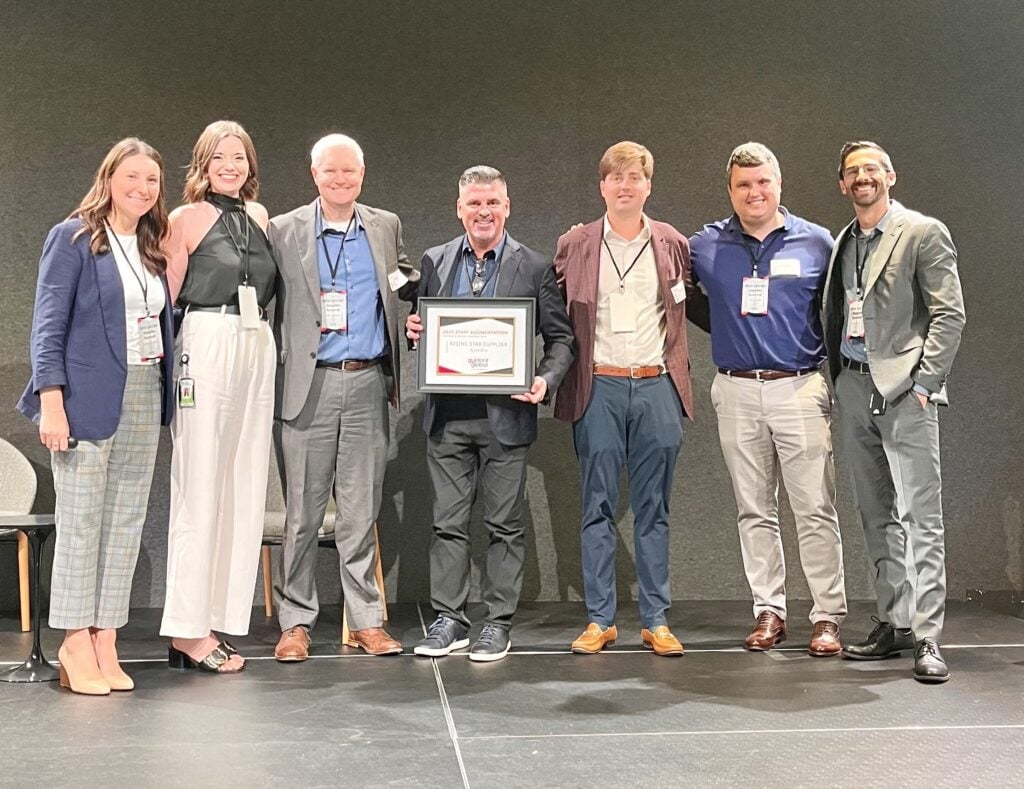
Riddle Me This: Are Puzzle Interviews an Ingenious Technique or a Pointless Tactic?

Published with permission from
BrightMove
By Tracy K and Brightmove Staffing Software and Recruiting Software
A simple search on interview questions and methods will return more results and ideas than one person can handle. Companies and recruiters/hiring managers are always looking for improved or innovative ways to screen candidates. How can we better predict the success of an individual; how can we more effectively assess the problem-solving capabilities of a candidate; what is the magic question to use as the ultimate disqualifier?
The answer is that there’s no bullet-proof recruitment method or question that works for every position in every organization. The key components are that the recruiter be educated: know the company; know the position; know the personalities of those the new recruit will be working with; predict the overall risk of premature attrition. If, as a recruiter, you are good at what you do, everything else is about listening to your gut and selling the company to your candidate.
Each recruiter has a method they swear by – some traditional, others unorthodox. While I stand behind a straight-forward, conservative screening process (and a sixth sense for placing applicants), there are those that experiment with unconventional approaches. By experiment, I mean follow the lead of Microsoft. Though around since the 1970s the puzzle interview was made famous in the 1990s when Microsoft touted its use as a standard screening tactic in their hiring process (see other puzzle interview questions here). Since then, other organizations have followed suit.
Personally, I believe unorthodox interview methods (and by extension the puzzle interview) were born out of desperation or boredom (perhaps a mixture of both). Companies that seemed to be consistently failing at finding successful recruits, use it as a last-ditch effort to gain talented professionals. Microsoft, already successful, may have tried to mix things up. They obviously would not have had any trouble finding applicants willing to work there – why not make them truly earn their spot, weed out the weak?
For the rest of us, I think puzzle interviews are potentially a waste of time. Never having used this technique, I do not speak from experience. However, having been part of an interview of this type, as a candidate, I wasn’t impressed. I felt that perhaps those running the hiring process weren’t knowledgeable enough, able to ask me questions relevant to the position and my ability to do the job. Placing undue stress on an already stressful situation may have assessed my capability to remain calm and cool, however, I wasn’t applying for a bomb squad or to be a CIA agent, so the relevance of the technique was lost on me. Not only did it make me question the intelligence of those interviewing me and their ability to take the hiring process seriously, it had me thinking that if this company had this many ridiculous hoops just to get hired, what kind of carnival would I be signing up for exactly if I did get the job?
Chris Penttila of Entrepreneur Media, Inc. posted an article on this topic, excerpted here:
While there aren’t statistics on the number of employers using puzzle techniques, “companies use them because they hear Microsoft is using them,” says Jonathan Canger, vice president of R&D for Human Resource Management Center Inc., a Tampa, Florida, firm that helps companies develop HR processes.
Critics believe puzzle questions tell employers only that some applicants are better at solving puzzles, not whether they’ll be a better fit for the job. “[Employers are] using it like, ‘Well, they got 1600 on their SATs; they must be a fit,’ when they may not be [a fit] at all,” says Linda Finkle, founder of Potomac, Maryland, coaching and consulting firm Incedo Group LLC. Finkle has found that some companies using puzzle interview techniques have a hard time retaining talent. She says, “[Applicants can] feel the interview process isn’t flexible enough to adjust for the difference in personalities and styles.”
Critics also warn that companies risk selecting for a certain personality type with puzzle questions–not a good strategy for fostering truly innovative thinking. And the answers to many puzzle questions are posted on the Internet, increasing the chances interviews will be skewed because a few applicants studied beforehand.
On the legal front, employers need to be careful they don’t use puzzle interviews to inadvertently screen out a protected class under Title VII, which protects workers on the basis of race, gender and age, says Stephen Fox, a partner at the Dallas law firm Fish and Richardson. Be prepared to help disabled applicants fulfill this part of the interview process, and be consistent in how you administer puzzle questions. Document everything, and be prepared to justify your hiring decision should the need arise.
I say make them stop – a puzzle interview or unorthodox question might be suitable for highly creative or obscure positions, but at the risk of looking unprofessional or setting an interview off on an uncomfortable tone, traditional, relevant, experience-related questions will be more probable predictors of success.
Traci K. is an HR Professional and freelance writer based in the Midwest, specializing in recruitment and immigration. When she’s not improving unemployment, she keeps busy with her husband and four children.


